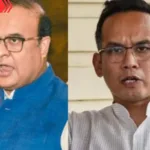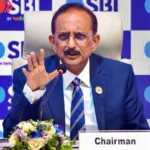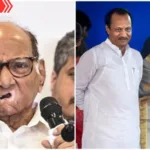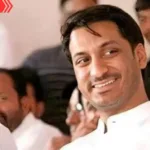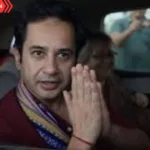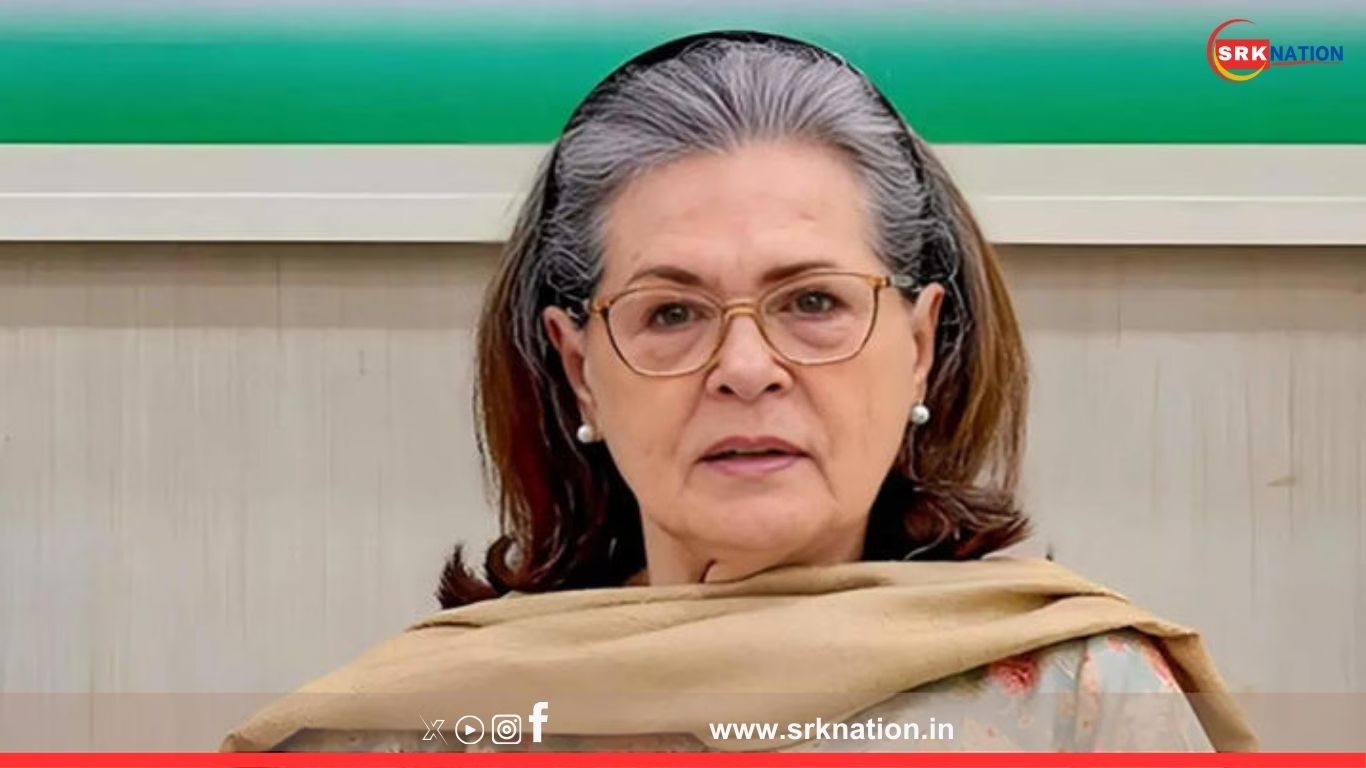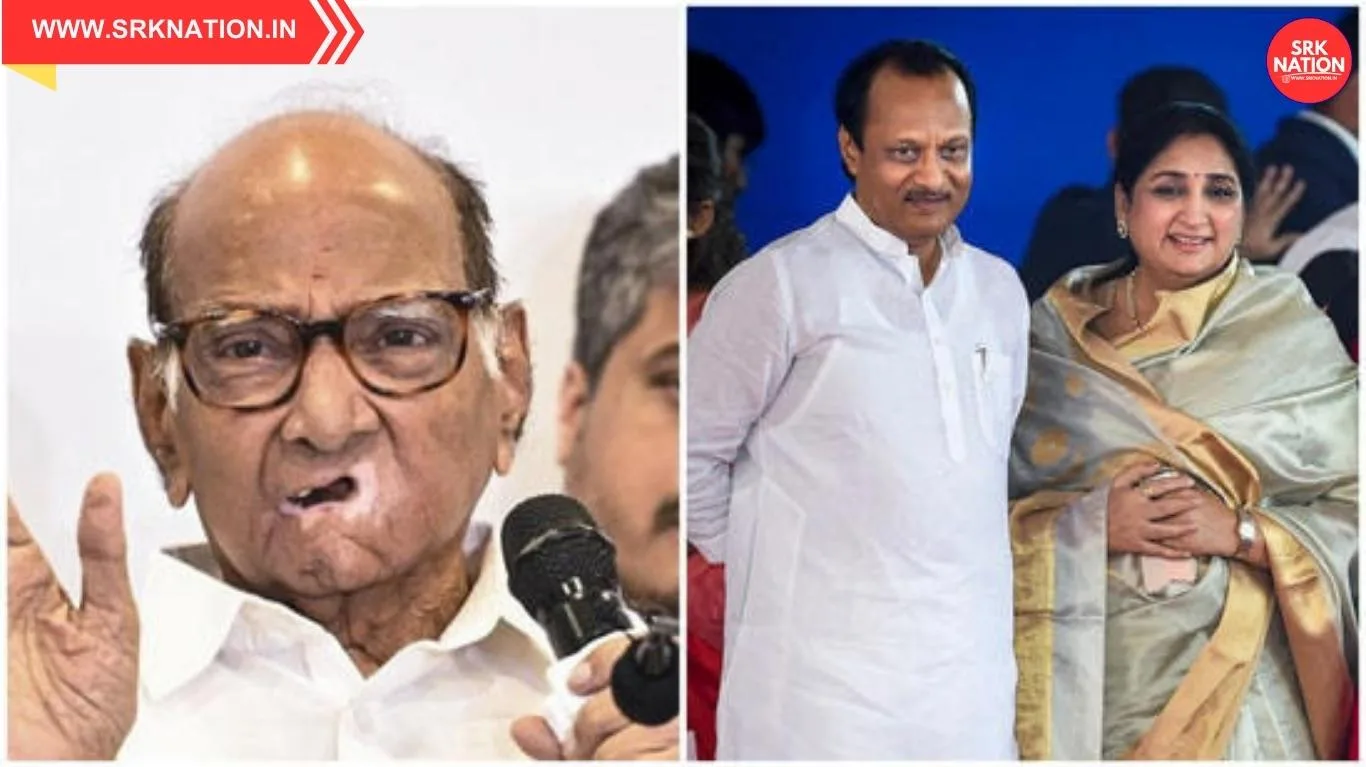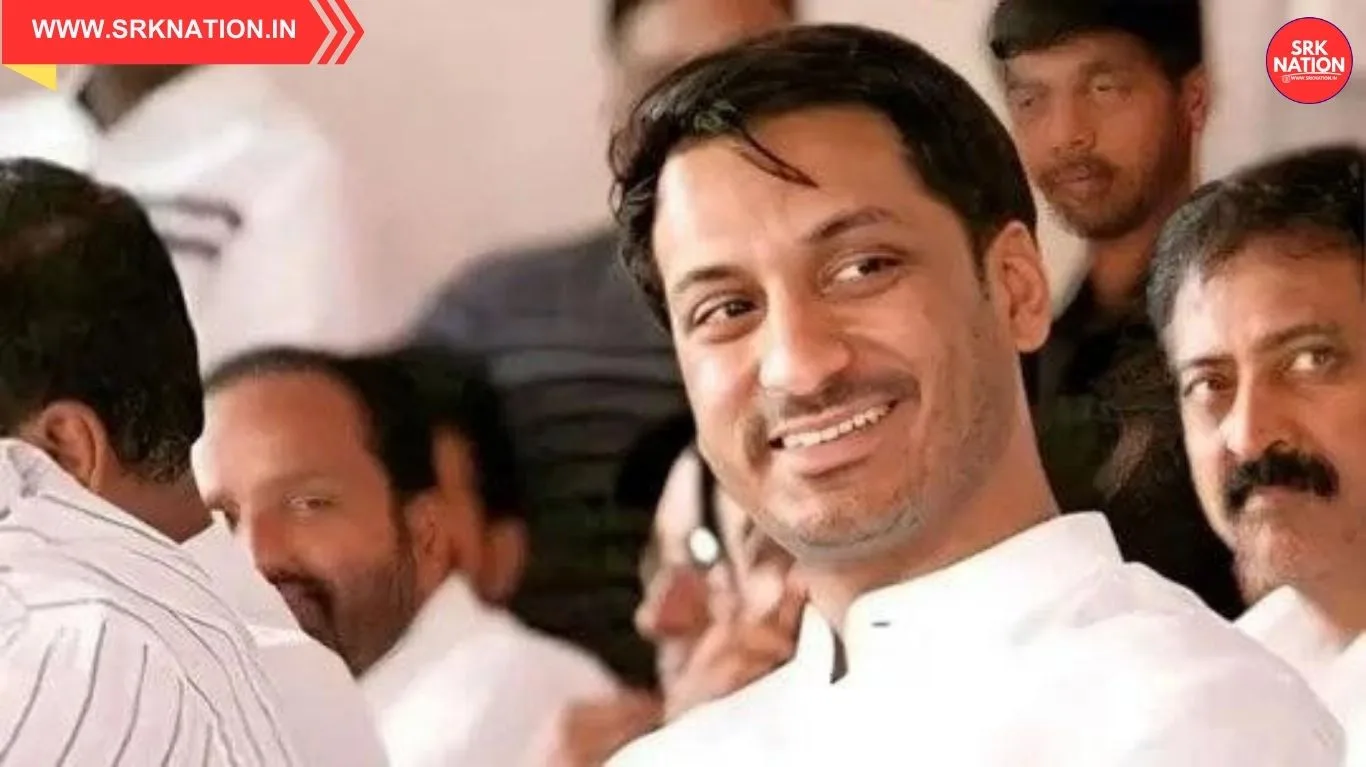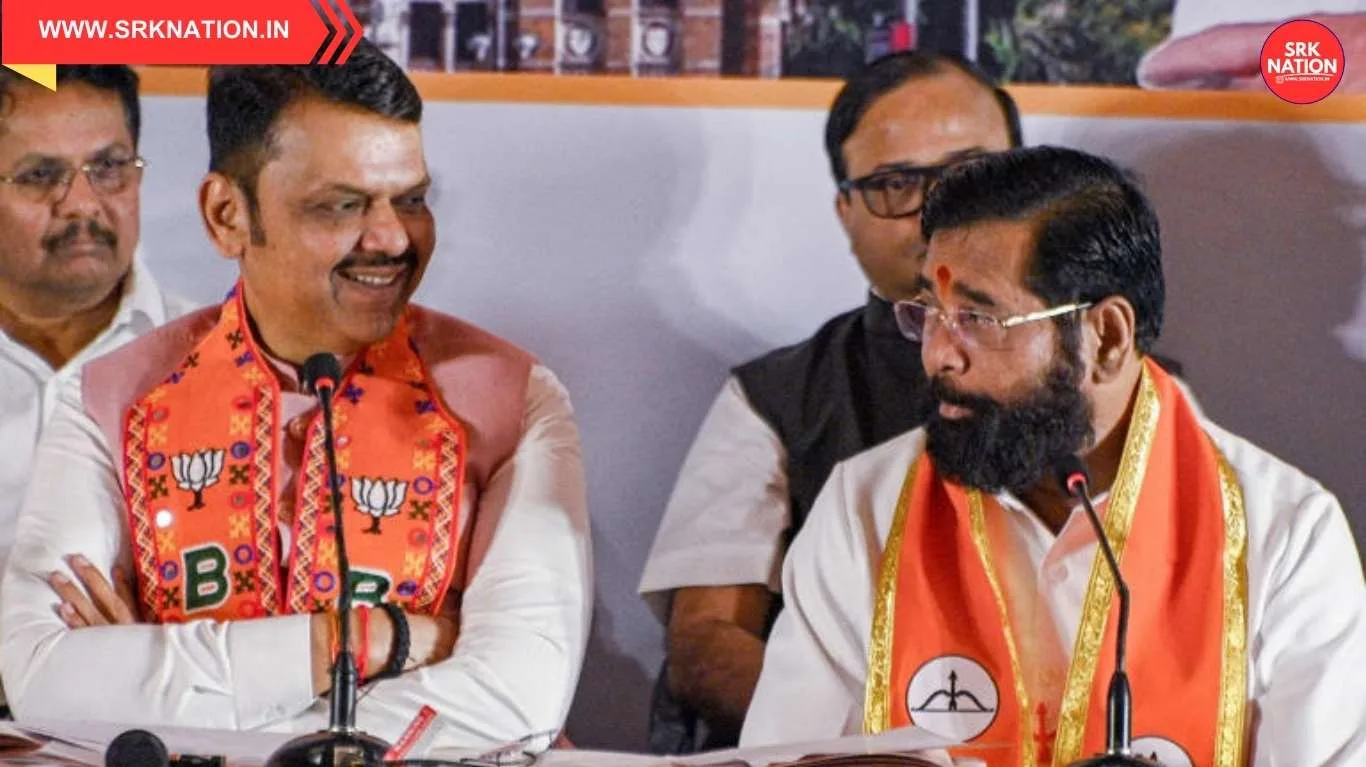A fresh legal storm has erupted around senior Congress leader Sonia Gandhi, with a criminal complaint filed in a Delhi court alleging that her name appeared in the electoral rolls three years before she officially became an Indian citizen. The plea, submitted by advocate Vikas Tripathi, claims that Gandhi was listed as a voter in the New Delhi constituency in 1980, despite acquiring Indian citizenship only on April 30, 1983. The matter has been posted for hearing on September 10, 2025, before Additional Chief Judicial Magistrate Vaibhav Chaurasia.
The complaint seeks a police investigation into what it terms a “possible case of forgery,” raising questions about the documents submitted to the Election Commission at the time of her initial voter registration. The plea also alleges that her name was deleted from the rolls in 1982 and re-entered in 1983, coinciding with her citizenship approval.
🧭 Timeline of Alleged Voter Roll Entries and Citizenship
| Year | Event Description | Legal Concern Raised |
|---|---|---|
| 1980 | Sonia Gandhi’s name allegedly added to voter roll | Not yet an Indian citizen |
| 1982 | Name reportedly deleted from electoral roll | Reason for deletion unclear |
| April 1983 | Citizenship granted under Section 5 of Citizenship Act | Official recognition as Indian national |
| 1983 | Name re-entered in voter roll | Legally valid post-citizenship |
The petitioner argues that only Indian citizens are eligible to be listed as voters, and any inclusion prior to April 1983 would be illegal under the Representation of the People Act.
🔍 Legal Grounds and Plea Details
The complaint has been filed under Section 175(4) of the Bharatiya Nyaya Sanhita (BNSS), which empowers magistrates to order investigations into cognizable offences. Senior advocate Pavan Narang, appearing for the complainant, argued that the unexplained deletion and re-entry of Gandhi’s name in the electoral roll suggest that “forged or falsified documents” may have been used.
| Legal Provision Invoked | Description | Purpose of Plea |
|---|---|---|
| Section 175(4), BNSS | Magistrate’s power to order investigation | Seeks FIR and police probe |
| Representation of People Act | Governs voter eligibility | Citizenship prerequisite for voter status |
| Citizenship Act, 1955 | Defines process of acquiring Indian citizenship | Gandhi became citizen via registration |
The plea also references a 1985 Allahabad High Court judgment in Rakesh Singh vs Sonia Gandhi, which had examined her citizenship status in the context of an election petition.
📉 Political and Legal Implications
| Stakeholder | Reaction / Position | Potential Impact |
|---|---|---|
| Congress Party | No official response yet | Possible political backlash |
| Delhi Police | Yet to act on complaint | May be directed to file status report |
| Election Commission of India | Under scrutiny for 1980 voter roll inclusion | May face RTI queries and legal requisitions |
| Judiciary | Hearing scheduled for September 10 | Could order FIR or dismiss plea |
While the petitioner insists the issue is legal and not political, the timing of the complaint—amid rising political tensions—has led to speculation about its broader ramifications.
🔥 Key Questions Raised by the Plea
- What documents were submitted to the Election Commission in 1980 to justify Sonia Gandhi’s inclusion in the voter roll?
- Why was her name deleted in 1982, and what triggered the re-entry in 1983?
- Was there any procedural lapse or oversight by electoral authorities?
- Can retrospective voter roll entries be legally challenged decades later?
Senior advocate Narang told the court, “A public authority has been misled, and a fraud appears to have been committed. My limited request is to direct the police to register an FIR under appropriate sections”.
🧠 Expert Commentary and Legal Perspectives
| Expert Name | Role | Comment |
|---|---|---|
| Meera Iyer | Constitutional Law Scholar | “If proven, this could raise serious questions about electoral integrity.” |
| Rajiv Bansal | Election Law Analyst | “The burden of proof lies with the petitioner. Historical records must be scrutinized.” |
| Dr. Rakesh Sinha | Political Historian | “This case reflects the intersection of legal accountability and political legacy.” |
Legal experts caution that while the allegations are serious, the passage of time and lack of direct evidence may complicate the investigation.
📦 Historical Context: Sonia Gandhi’s Citizenship Journey
Sonia Gandhi, born in Italy, married Rajiv Gandhi in 1968 and lived in India thereafter. She formally applied for Indian citizenship in April 1983 and was granted nationality under Section 5 of the Citizenship Act. Her political career began in the late 1990s, culminating in her tenure as Congress president and UPA chairperson.
| Year | Milestone | Relevance to Current Case |
|---|---|---|
| 1968 | Marriage to Rajiv Gandhi | Residency in India begins |
| 1983 | Citizenship granted | Legal eligibility for voter registration |
| 1998 | Becomes Congress president | Political prominence |
| 2004–2014 | UPA chairperson | National leadership |
The current plea focuses solely on the period between 1980 and 1983, prior to her formal citizenship.
📌 Conclusion
The voter ID controversy surrounding Sonia Gandhi has reignited debates over electoral transparency, citizenship norms, and institutional accountability. With a Delhi court set to hear the matter on September 10, the outcome could have legal and political consequences. While the Congress leader has not responded publicly, the plea’s demand for an FIR and investigation into alleged forgery has placed the spotlight on historical electoral records and the processes that govern voter eligibility in India.
—
Disclaimer: This article is based on publicly available legal documents, media reports, and court proceedings as of September 4, 2025. It is intended for informational purposes only and does not constitute legal advice or political endorsement.

